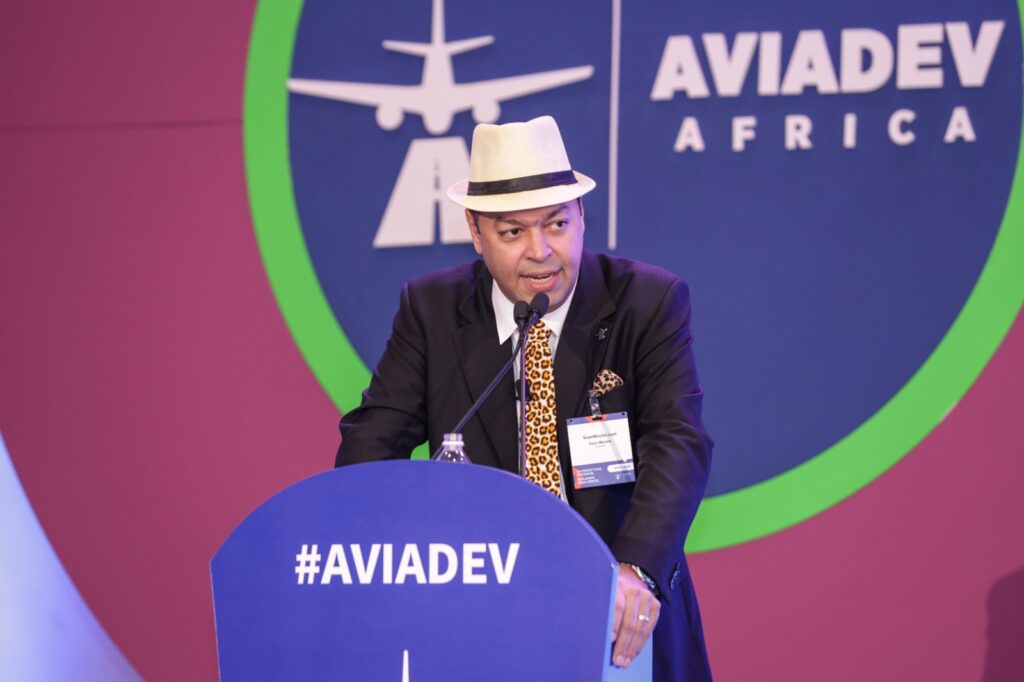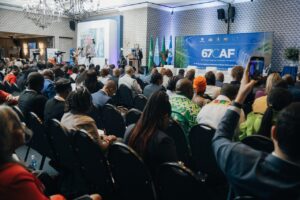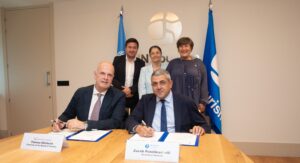Africa, with its vast natural beauty, rich cultural heritage, and untapped potential, has emerged as an attractive destination for global travelers in a post-pandemic world. Yet, despite all these positives, Africa still welcomes more tourists from outside the continent than from right here at home.
This is not normal. Everywhere else in the world, the largest source markets for visitors are neighbouring countries or at least countries with some degree of proximity and ties. Many such regional blocs like the European Union or ASEAN have abolished visa regimes for their members, which has boosted the growth of airline traffic, tourist arrivals and general economic activity. However, despite the best intentions, Africa seems to enjoy bringing difficulties to its own. Despite a few regional pockets like SADC, ECOWAS and the EAC, citizens of African Union member states still require visas to visit more of their fellow member countries than not. Ironically, the average African Union citizen is more likely to need a visa to visit another country in the same African Union, than a European Union citizen needs to visit an African Union country. Xenophobic discrimination begins at home it seems.
I remember discussing with a tour operator a few years ago why they didn’t target inbound tourists from their neighbouring country, despite what was seemingly a natural market and potentially huge volumes. Their answer was that if it became too popular, the tourists would set up their own tour companies and put them out of business. This fear of success assured a guarantee of failure.
In many African countries, there is also a lack of clarity on policy to attract visitors. It is not uncommon for the tourism authority to make announcements about simplified visa regimes, only to see the immigration department disavow all knowledge the next day. Destination marketing agencies attract conferences and other events, only to see the civil aviation regulators deny airlines additional flights to bring the attendees to the country. Petty bureaucrats tend to revel in their pathetic little fiefdoms, often losing sight of the larger objective.
Air transport is a perfect example of this. Despite having jointly signed on to liberalising African skies with the Yamoussoukro Declaration over 30 years ago, today only a small fraction of countries have actually implemented the very policies they claim to be championing. I recently attended the AviaDev Africa conference in Nairobi where a group of youth ambassadors pleaded for aging national leaders to not allow another generation to miss out on the benefits of the Single African Air Transport Market (SAATM). Indeed, 70% of Africans have lived their entire lives waiting for this African Open Skies to dream itself into a reality. Yet inaction seems to be a matter of national pride to some countries that always claim to not be “ready” for competition. Once again, we are our own worst enemies.
Africa needs to have a clear and collaborative vision for not just individual countries, but also the continent to achieve our goals. Investment in infrastructure to benefit aviation and tourism industries as a whole, and not just to subsidise loss making national champions is one way to achieve this. African citizens, and especially the youth, deserve so much better from the leaders of our continent.
Sean Mendis has two decades of experience in senior management roles within the aviation sector in Africa. He is presently based in Malawi, where he offers executive-level consulting and intelligence to aviation stakeholders.
This article was first published in the July 2023 issue of VoyagesAfriq Travel Magazine








